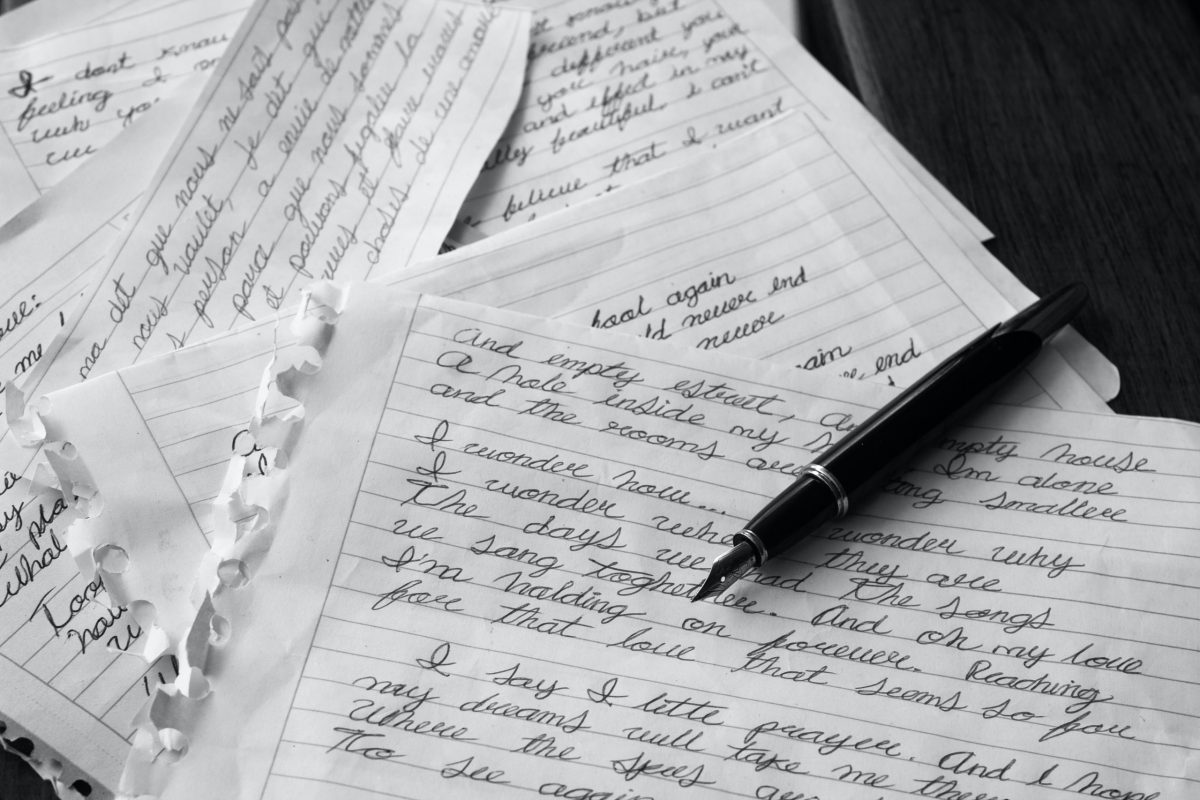When I began writing my unborn son a letter in 2018, a book was the furthest thing from my mind. I wasn’t trying to unpack the countless ways in which the words “all men are created equal” have failed us in this country. Instead, I was thinking that I would write a letter, something that I had not done in some years. Not an email or a collection of social media posts, but an honest to goodness old-fashioned letter, the kind I used to enjoy writing and dreamed of receiving, but never did, when I was a kid.
I had planned to tell him that I was re-reading Dostoevsky’s Notes from Underground and savoring Ellison’s Invisible Man for the first time. I had planned to tell him about my students, and New Jersey, and most of all, how much I missed his sister, his mama, and him, even though he wasn’t born yet. But then I began to worry the racism and hate I was encountering daily would consume me, figuratively and literally, and the writing took on a life of its own, fueled by the worry and fear of a forty-something Mexican American becoming a father for the first time.
Suddenly, I was calculating time differently. How old would I be when he could speak? When he began to shave? When he graduated high school? College? When he became a parent himself? Where Are You From became my attempt to give my child all the guidance I could on how to use his imagination to survive all the wretched ways that America has devised to deprive him of life, liberty, and the pursuit of happiness.
Letters to a Young Muslim by Omar Saif Ghobash
The titles of some of the probing letters Ghobash writes to his two sons speak to the courage of this book: “What is True Islam?,” “The Gray Area,” “The Challenge of Freedom,” “The Muslim Individual.” The wisdom of this book is matched only by its tenderness. Ghobash puts on full display his skills as a diplomat to show that celebrating our shared humanity begins with the individual who centers not fear but love, not anger but kindness.
I’ve Been Meaning to Tell You by David Chariandy
Chariandy’s letter to his daughter opens by recounting a moment of bigotry he experienced in his native Canada when she was three years old. A decade later, he examines that moment in light of the wave of bigotry and hate stoked by newly elected U.S. president Donald Trump. This book is a powerful meditation on the ways in which the effects of slavery and immigration ripple forward through history when they go unexamined.
Breathe by Imani Perry
In this letter to her sons, Imani Perry assembles a team of luminaries (Morrison, Emerson, DuBois, et al.) to support her thoughts on the power of resilience and how to cultivate it in our children. Rather than allow our youth to become victims of generational trauma, Perry’s letter encourages them to tap into the generational endurance found in their traditions.
Between the World and Me by Ta-Nehisi Coates
The engine that drives Coates’s letter to his teenage son is interrogation, in particular how does one live with, and within, a black body that has been treated as disposable since the founding of America. Coates offers no answers to the questions he poses; rather, he places his bets on the value of knowing what is at stake when we lull ourselves into believing the American Dream was ever meant for us.
Dear Ijeawele, or A Feminist Manifesto in Fifteen Suggestions by Chimamanda Adichie
When a friend asked Adichie for advice on how to raise her new daughter as a feminist, the book Dear Ijeawele was born. Gender equality is the bedrock of this book that sees the moment of birth as the crucial point of intervention when the shackles that have kept girls and women from realizing their full potential can begin to be undone. This is a wise and fierce book that urges us to celebrate difference and independence.
Heavy by Kiese Laymon
This is the sole letter on the list written to a parent by their child and not the other way around. And what a letter it is. Heavy is an urgent and powerful meditation on love, and the ways in which American racism works to convince us that we are not worthy of loving ourselves or of being loved by others. It is a testament to the healing power of love and forgiveness.
The Fire Next Time by James Baldwin
This book is the primogenitor, the forebear, the OG, the Elder in the room with a capital E. Had writers penned letters to their family members before The Fire Next Time tore through the bestseller lists in 1963? Of course, but I couldn’t name any off the top of my head. In these two letters, Baldwin took a scalpel to American racism and laid its insides bare for all to see. The edge of his scalpel was not honed on the sharpening stone of hate, but rather love. The decades have not diminished the courage and power of this book.
Read the original article here

